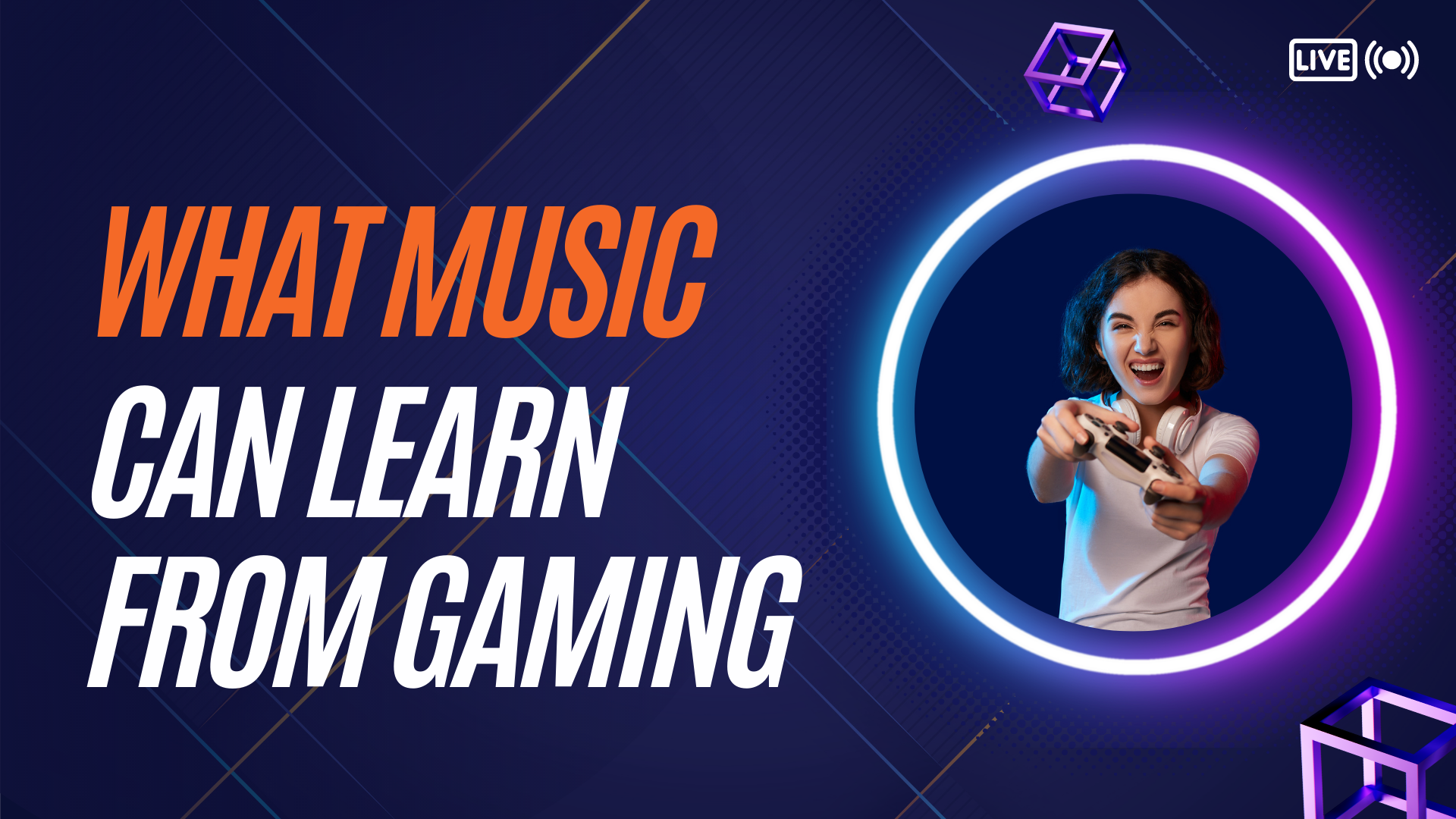At every level of the industry, musicians are leaving millions on the table because they won’t market to older listeners. Whether you’re scared or unsure where to start, we can help.
A popular sound on TikTok jokes about an entire generation of always-online, pop culture obsessed humans with disposable income. “Don’t get me wrong, being an adult and living on your own is pretty great,” goes the sound. “The only problem is, I now have access to adult money, which means I can buy whatever I want—which means I end up buying shit like THIS and having zero regrets about it. As the video plays, adults share their arguably ridiculous purchases. For example, someone might show off a full-size pinball machine inside a one-bedroom apartment, or perhaps they have several hundred Funko pops lining the walls of their home.
Another sound asks people to share items they bought with adult money that they probably shouldn’t have purchased.
It’s easy to watch these videos and think these fans are making irrational purchasing decisions. Still, there’s another, more beneficial angle.
There is a growing marketplace of childless adults with lifelong fandoms who will spend top dollar to support their favorite entertainment icons and IP regardless of cost as long as the product caters to their specific interest.
If you love Mario Kart, for example, go-karts adorned with Mario Kart branding. You can even visit an entire theme park dedicated to all things Mario that includes a Mario Kart ride.
Or, if you prefer single-player games, you can purchase meticulously crafted (and pricey) deluxe editions featuring everything from replica weapons to custom dice, maps, mini-figures, plushes, vinyl records, and beyond. Here are two examples from the upcoming God Of War: Ragnarok.


Movie fans have similar options to express their fandom. If you love horror films, you can purchase replica masks that look identical to those worn by villains on screen. Those who love the Marvel and DC cinematic universe, not to mention Star Wars or Star Trek or Harry Potter or the Minions, also have bountiful options to express their love of the IP well into adulthood. Products are made and specifically marketed to those with money to spare.
Music fans, unfortunately, are often left behind.
Think about it for a moment. Despite ample evidence that people of all ages enjoy every style of music imaginable, most merchandise is still geared toward people under the age of twenty-five. That’s true for any modern pop act vying for that demographic’s adoration, but the same can be said for legacy acts. Go to any Target, Wal-Mart, or Meijer near you, and you’ll find classic rock and hip-hop shirts throughout the teen and young adult section. A few items may also exist for adults, generally men, but they are the same logos reprinted in the same style on larger fabric.
Point being: The adult market is an afterthought, and it’s leaving untold millions on the table.
It’s not hard to understand why this happens. As artists progress in their careers, they must make choices that align with their target demographic. Though exceptions exist, most artists have to choose whether to market to young people or grow with their audience. The reason is simple:
Adults are notoriously hard to reach.
After all, it’s easier to know what adults dislike than what they want.
- Your adult demo doesn’t want an all-over print
- Your adult demo doesn’t want a giant logo tee
- Your adult demo doesn’t want another t-shirt unless it’s game-changing.
- Your adult demo has no use for stickers or patches and only minimal use for pins
- Your adult demo doesn’t want digital downloads. They don’t want digital content, period.
- Your adult demo doesn’t buy many hoodies, especially those adorned with giant logos.
- Your adult doesn’t want an NFT.
- Your adult fans don’t need merch with your face on it.
But it is possible to reach your adult fans without alienating the youth. They’re people, after all, and identifying their needs is as simple as starting a conversation.
If you’ve been making music for any time, you likely have fans older than your target demographic. These fans have the most buying power, and you can capitalize on that by catering to their grown-up needs.
For specific answers, you will have to communicate with your fans (duh), but here are some ideas to get you started:
- Your adult demo will buy limited-time and date-specific merchandise. Show posters unique to each tour—or better yet, each date—create a sense of “buy now or forever miss out” that people find hard to resist. That poster may go on to live in a home office or cubicle, reminding that individual of a special night.
- Your adult demo will buy minimal merchandise, such as socks or clothing featuring one-to-color designs.
- Your adult demo will buy alcohol and alcohol-related products (koozies, bottle openers).
- Your adult demo will buy coffee and coffee-related products.
- Your adult demo will buy lifestyle items, including grinders, mugs, candles, DND sets, concert prints, commemorative lanyards, etc.
- Your adult demo will buy experiences, including VIP upgrades, meet-and-greets, photos, coffee with the band, etc.
- Your adult demo will commit to a fan club as long as they receive quality content (presale access, exclusive merch, early music, etc.).
There is no reason any artist with a sizable fan base should leave their adult fans behind.
Virtually every album now comes with multiple pre-order bundles featuring any number of items, so why not make one for the grown-ups among your audience?
Start simple. Ask your fans what merch they want and experiment with their responses until you find something that works. There is no penalty for trying.


You must be logged in to post a comment.